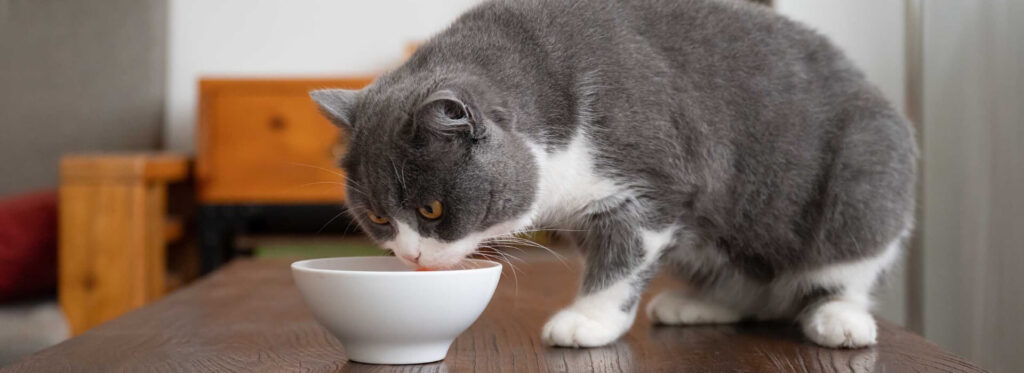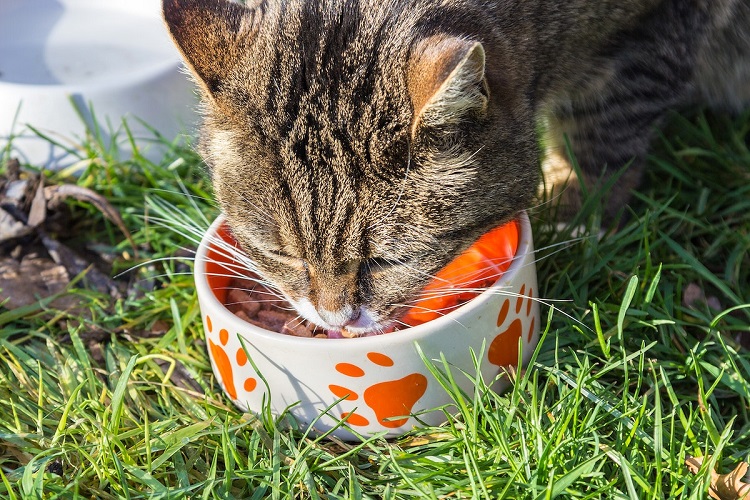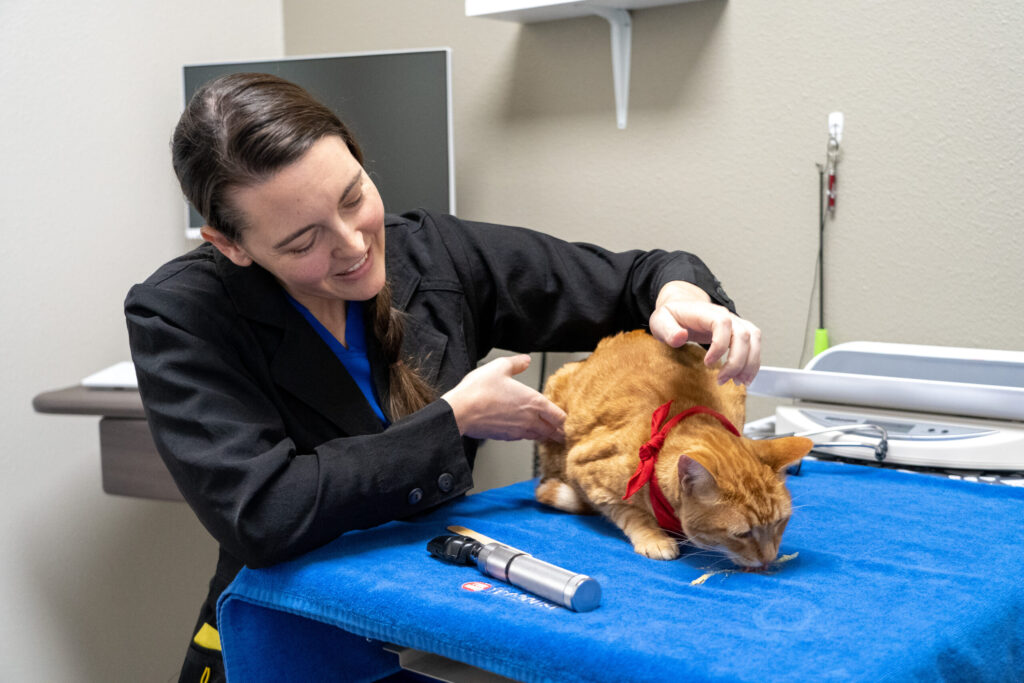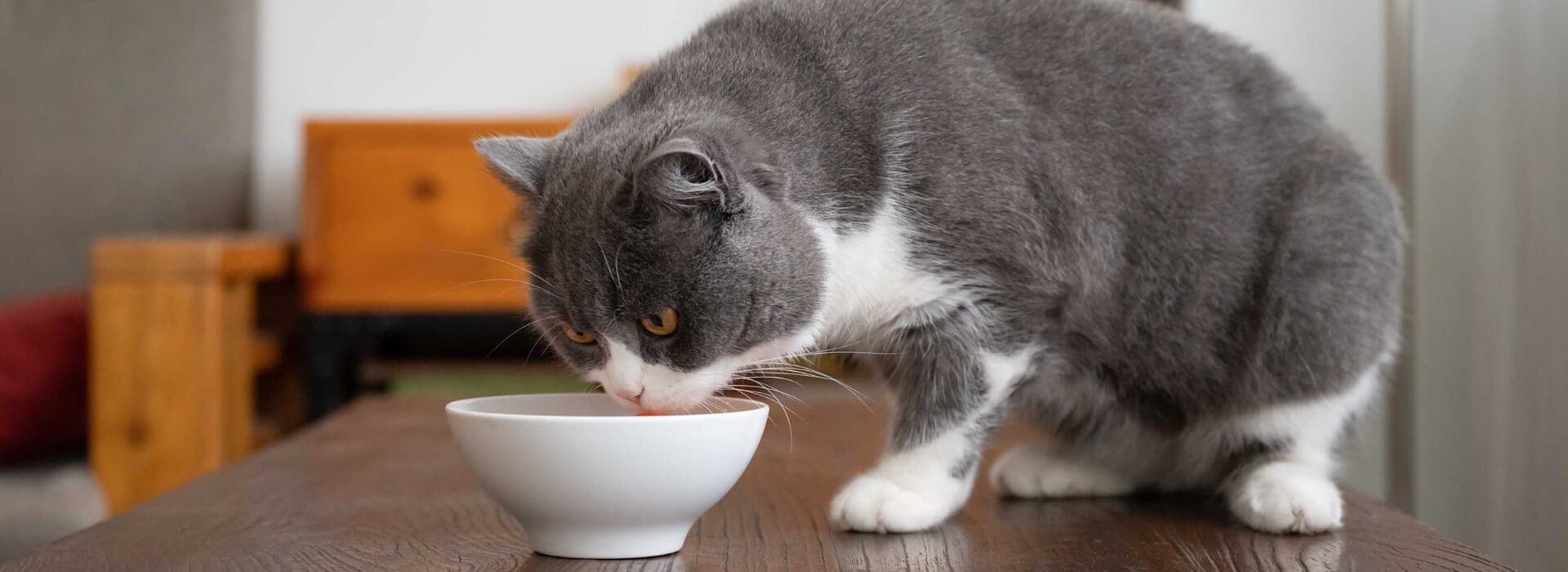Indoor cats typically have limited physical activity due to their sedentary lifestyle. As a result, their needs and physical needs are relatively low. They easily gain weight as they do not wander outside. Excess weight can lead to diabetes, heart disease, and joint issues in cats. Therefore, it is important to prepare a moderate and nutritious diet for indoor cats. Let’s discuss the best diet for indoor cats.
Cat Protein Demand and Source:
Cats are compulsory carnivorous animals, so animal protein is essential for them. Protein plays an important role in the formation of body cells, hormone production, and energy conservation. Chicken, fish, or turkey meat can be a source of good protein. However, eating raw meat should be done with care to ensure that it is sterile; otherwise, the risk of infection increases. Inadequate protein intake can lead to muscle wasting and fatigue in cats. This can also be considered the best diet for indoor cats.

Introduction to carbohydrate and fiber:
Contrary to popular belief, cats are not well-suited to digest high amounts of carbohydrates, which can be detrimental to their health. Taking excess carbohydrates can increase the weight of the cat, especially for those who have less exercise. However, it needs to have a small amount of fiber, as it improves the digestive process and helps prevent constipation.Frequent tail and body licking can show the problem of hairballs in the cat, so fiber feeding is reduced. Natural fiber is found in carrots, sweet pumpkin, and certain prepared cat foods.
Wet food vs. dry food:
There are basically two types of foods available for cats in the market: dry food, i.e., dry food, and wet food. It is easy to store dry foods, but it contains very little water; it is almost none. As a result, if the cat eats extra dry foods and does not drink enough water, kidney problems or urinary tract infections may occur. Wet foods contain up to 3-5% water, which ensures cat hydration. Many people eat two types of food together; it can be taken as a balanced approach. However, whatever the day, it is necessary to make sure that the cat is drinking enough water a day. Water is a major part of the best diet for indoor cats.
Selection of food according to the specified age:
The cat’s food varies according to its age. A baby cat, or kitten, requires high-protein and fatty foods, as they grow faster at this time. Adult cats need to have food with fiber and low calories so that they are healthy and their weight is also under control. In the case of senior cats, the digestive capacity is reduced again, so they need easy digestion and small protein and mineral foods. Special ‘formula food’ is available in the market; they can also be provided. Fiber is also a major part of the best diet for indoor cats.

Domestic Food vs. Prepared Food:
Many people want to make cat food at home again; it can be a good practice if the proper nutritional balance can be maintained. But only protein, fat, and vitamins are not in the right proportion in food made with rice, pulses, or fish. Nutritional levels are made by calculating the commercial cat diet. If you want to give domestic food, the diet should be prepared by consulting the vet. Besides, cats should never be given milk, onions, garlic, chocolate, or coffee because they may be poisonous for them. If you want the best diet for indoor cats, you have to avoid this poisonous, mouthwatering food.
Moderate food intake and feeding on time:
Indoor cats are often disturbed or eat extra as a habit of playing. It gradually causes obesity. Therefore, they should be given a certain amount of food at a certain time every day. Many owners adhere to the “free feeding” method, that is, to always keep food in the bowl; it is inappropriate in the case of indoor cats. Rather, it is better to give a certain amount of food 2-3 times a day. As a result of the best diet for indoor cats, the cat’s digestive tract is well, and the habit of eating is also properly developed.
Veterinary Advice and Health Examination:
Each cat’s physical structure, metabolic rate (metabolism), and preferences are different; special food plans are needed for some cats beyond the general rules. For example, if you have diabetes, allergies, kidney problems, etc., a special diet should be followed. For this reason, the cat’s health should be examined at least once a year in consultation with the veterinarian. Timely weight measuring, dental care, and watering habits are also important parts of the best diet for indoor cats.

Conclusion:
Choosing the best diet for indoor cats is very important for their health, life, and mental well-being.Nutritional balance, water consumption, advice according to age, and veterinary advice—keeping these four things in mind, your favorite cat will be healthy and happy.

